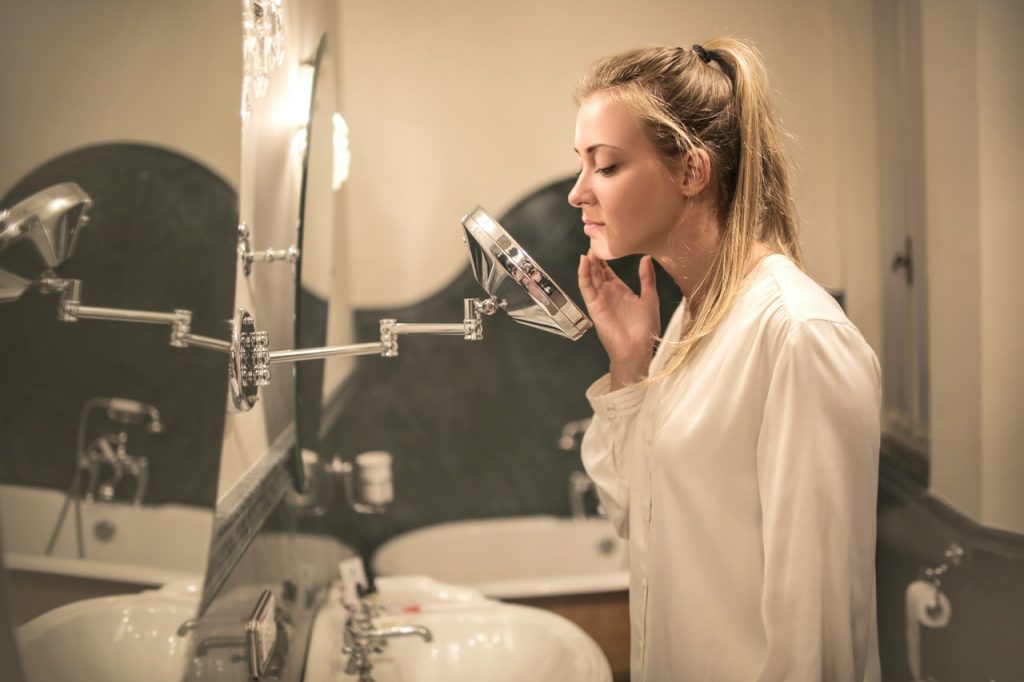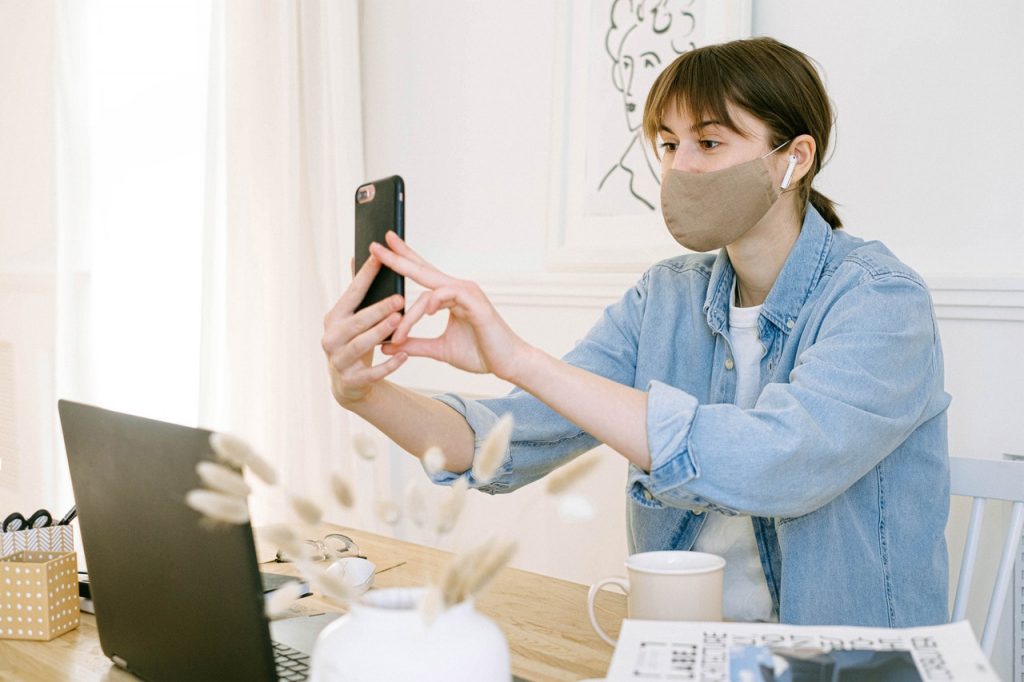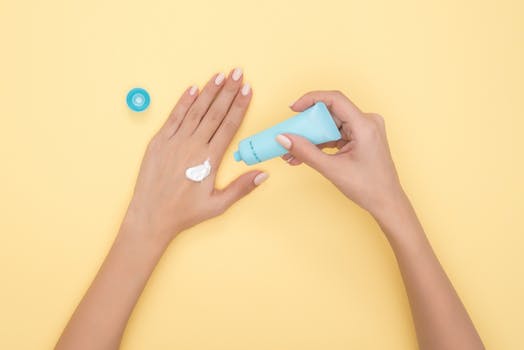For the look of things, it seems like face masks will be part of our daily outfits. The coronavirus pandemic has drastically changed how we operate and run our daily activities. However, many people are beginning to raise concerns over their experiences wearing masks consistently. The face covers are causing skin irritation in some individuals, clogging pores, and flaring acne outbreaks. Acne caused by face masks or ‘maskne,’ is becoming a common problem, leading many to look for the best acne treatment.
How Can Face Masks Cause Skin Damage and Acne Breakout?

According to the CDC and WHO guidelines, citizens are advised to wear face covers when going in public areas or for meetings. However, reports show that face masks can cause skin irritation and damage, triggering various issues.
Here are three ways that face covers are likely to lead to acne breakouts:
• Rubbing your mask can irritate your skin due to friction like burns, and the pressure of the masks on the skin will cause it to breakdown over time.
• The material of the face cover you have can be the issue in other cases. Some materials take in the skin’s oil essentials, which will cause some people to develop sensitivity and dryness. If an individual has skin problems such as psoriasis or rosacea, the irritation can cause it to flare.
• Another thing that can cause an issue is occlusion from face covers. The pores clog up and develop into acne or pimple cysts. Apart from regular acne, the conditions created from wearing a mask can cause a breakout referred to as folliculitis.
What Are the Best Prevention Measures?
There are various ways to prevent such acne outbreaks and protect your face from inflammation. Here are three that should come in handy during this pandemic period.
i. Was Your Face First
To avoid trapping oil and dirt underneath your face mask, ensure to wash your face before putting on the covering. Rinse your face with warm water, and avoid rubbing or scrubbing when drying.
ii. Avoid Makeup
For your safety, avoid wearing makeup underneath your face covers. Trapping makeup will lead to a build-up of material that ends up clogging your pores.
iii. Wear Clean Face Covers
The dirt and oil from your skin end up on the mask you use. Additionally, bacteria from your nose and mouth also ends up on the face cover. Make sure to use a new mask and do not reuse surgical face covers.
I hope this article gives you a better explanation of the link between face covers and acne breakouts.…


 Acne is a prevalent skin disease that most of us have encountered severally. Acne can catch both the young and old. Acne is also referred to as pimples, whiteheads, cysts, blackheads, and pustules. Acne is most experienced on the face, neck and occasionally other parts of the body. You can heal acne at home or seek help from a dermatologist near you.
Acne is a prevalent skin disease that most of us have encountered severally. Acne can catch both the young and old. Acne is also referred to as pimples, whiteheads, cysts, blackheads, and pustules. Acne is most experienced on the face, neck and occasionally other parts of the body. You can heal acne at home or seek help from a dermatologist near you. There are a number of autoimmune disorders that can attack your skin. Some of these autoimmune disorders include inflammatory bowel diseases, scleroderma, and psoriasis. Autoimmune disorders affect any part of the skin. When you suffer any type of skin disorder, it is good to see a dermatologist because they are the only ones who can treat these skin conditions efficiently. A primary physician can only help to reduce the symptoms but you need special attention when you develop autoimmune disorders.
There are a number of autoimmune disorders that can attack your skin. Some of these autoimmune disorders include inflammatory bowel diseases, scleroderma, and psoriasis. Autoimmune disorders affect any part of the skin. When you suffer any type of skin disorder, it is good to see a dermatologist because they are the only ones who can treat these skin conditions efficiently. A primary physician can only help to reduce the symptoms but you need special attention when you develop autoimmune disorders.